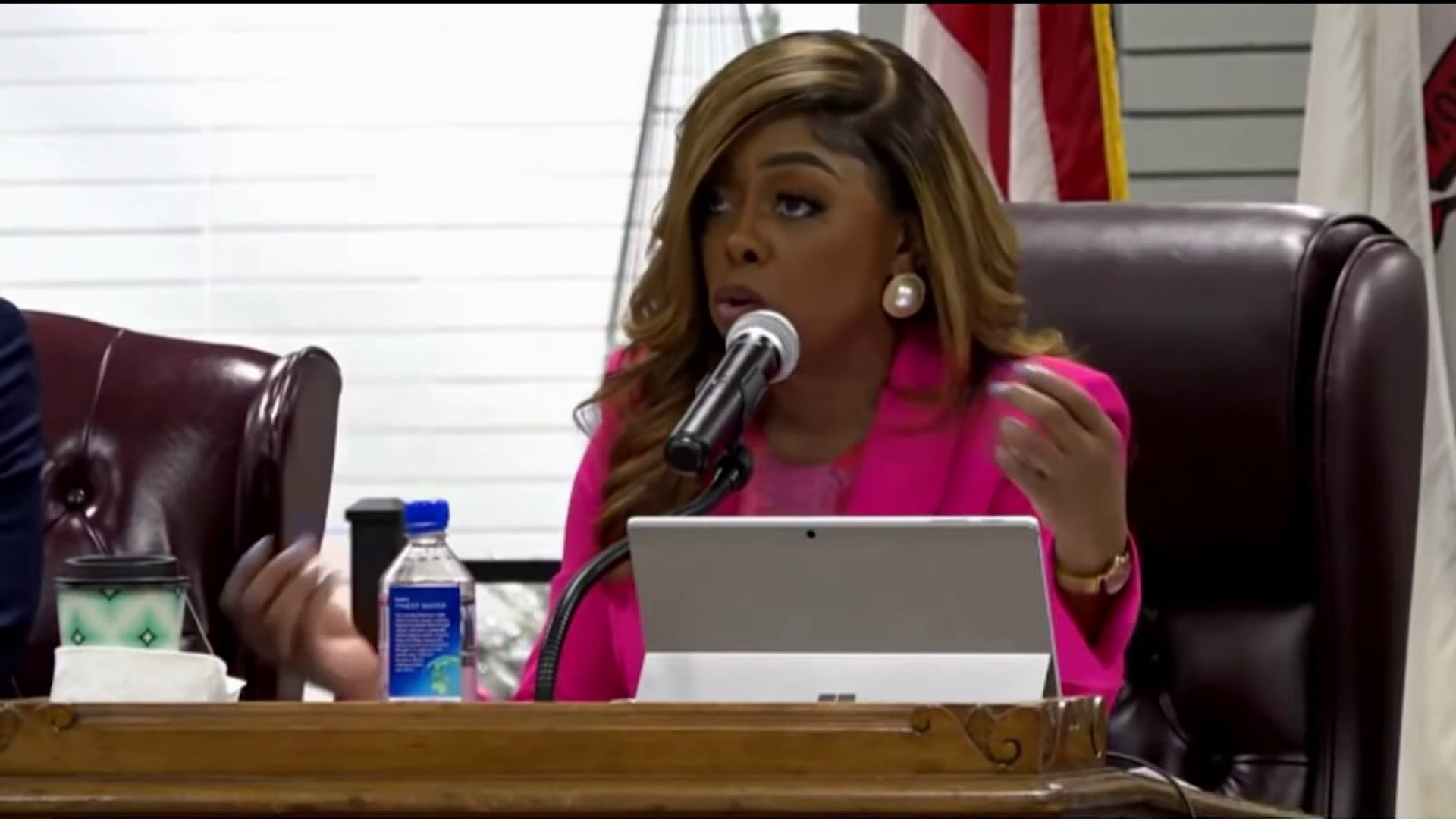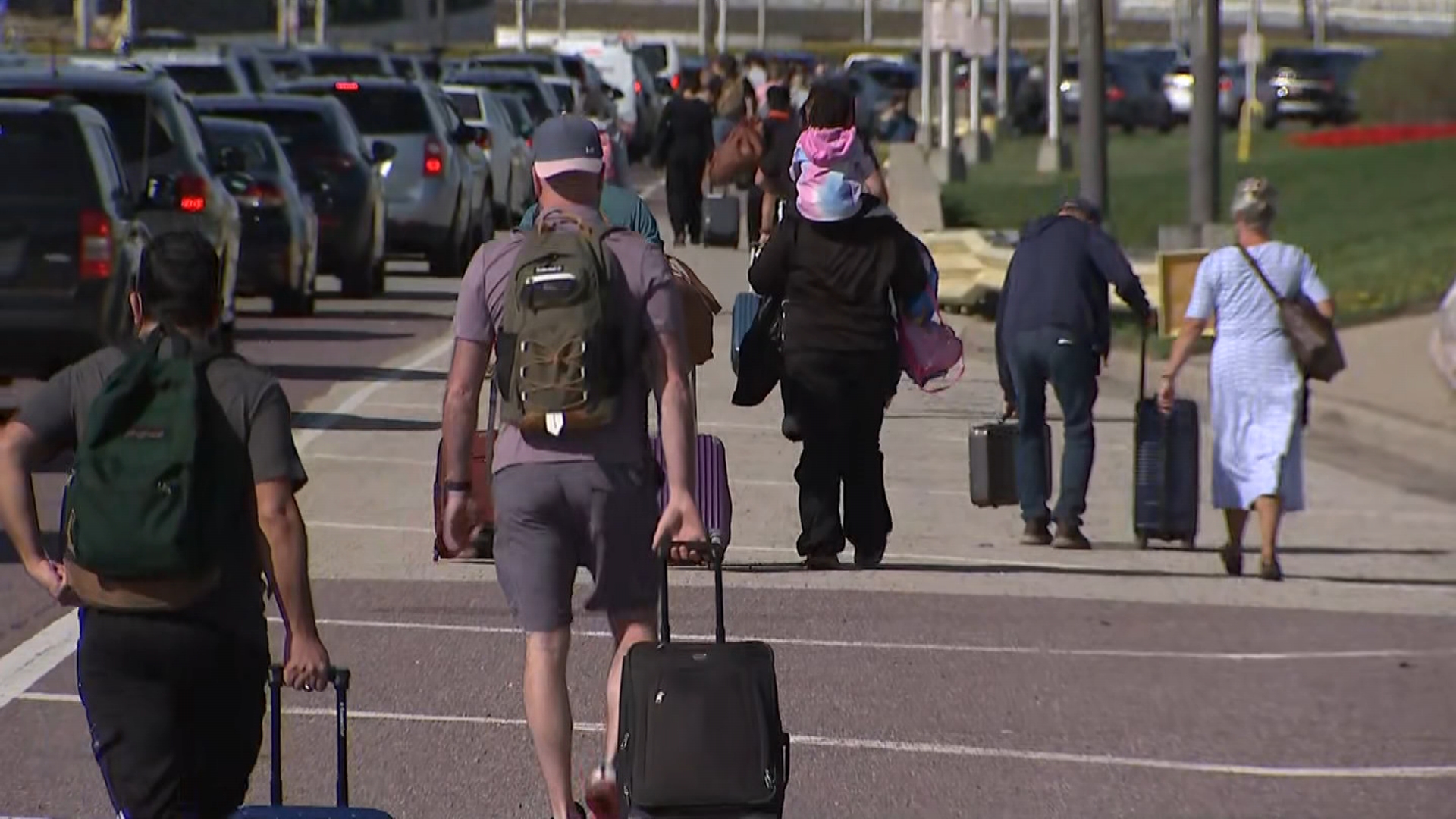Judge James Zagel didn’t like the way the media treated the first Rod Blagojevich jury. And he indicated Thursday he doesn’t intend to repeat that scenario in the second Blagojevich trial, which is slated to begin in late April.
“A need to offer some personal protection to the jurors is justified,” Zagel said, declaring that in the next trial, he intends to wait at least eight hours, maybe more than a day after a verdict is rendered, to release juror’s names. That time period, he said, would allow them to “return to their castles and pull up the drawbridge”.
The judge said that in the first trial, there was clear evidence that reporters would “disregard the clear rights of citizens,” and that jurors had been subjected to an “onslaught of rapacious media.” Zagel noted one juror complained of a helicopter flying over her house, and that others objected to having reporters ring their doorbells.
The first trial was marked by a verdict which stunned most court observers, with acquittals on all but one count. Reporters gathered in a room where jurors were expected to elaborate on their decision, but none showed up. Zagel had released the names of the jurors after the verdict was rendered, however, and reporters fanned out in the days after the trial to seek their stories on what had transpired in the jury room during the lengthy deliberations.
Local
“I think if someone takes the time to serve as a juror, they should be able to say afterward, look, I made my decision, I don’t want to talk to anyone about it,” said defense attorney Sheldon Sorosky, who said he would support an even longer moratorium on release of jurors’ names.
“When there are bench trials, no one goes up to the judge after the trial and says, ‘judge, why did you find the person guilty?’ No one says that to a judge. Why should a jury be any different?”
Freedom of Information advocates had a ready answer.
“As a juror you have to be accountable to the public,” said Beth Konrad, of the Chicago Headline Club. “You are the major decision maker.”
Konrad expressed particular concern that Zagel said he might provide jurors with yard signs, warning reporters to stay off their property.
“You don’t need a lawn sign just to say no,” she said. “If you don’t want to talk to any member of the media, say no, and guess what? They walk away!”
Konrad, a professor of communications at Chicago’s Loyola University, said it was wrong for the court to suggest that reporters are engaged in a negative pursuit when they ask jurors questions about their verdict.
“It’s sending the wrong message, not only to these jurors, but to future people who might become members of a jury, that there is something wrong with talking to the news media.”
“It is a mixed signal to the public at large that we are the enemy,” she said. “We are not the enemy. We are the conduit of information. We are a conduit of what people do, and why they do it. ”
“It’s really an accountability factor to the public,” Konrad said. “Ought they not be accountable to the public for a decision that they have made? At least, to tell the public, why they made that decision?”
Zagel said he is still finalizing his policy, and will issue a formal order next week.



